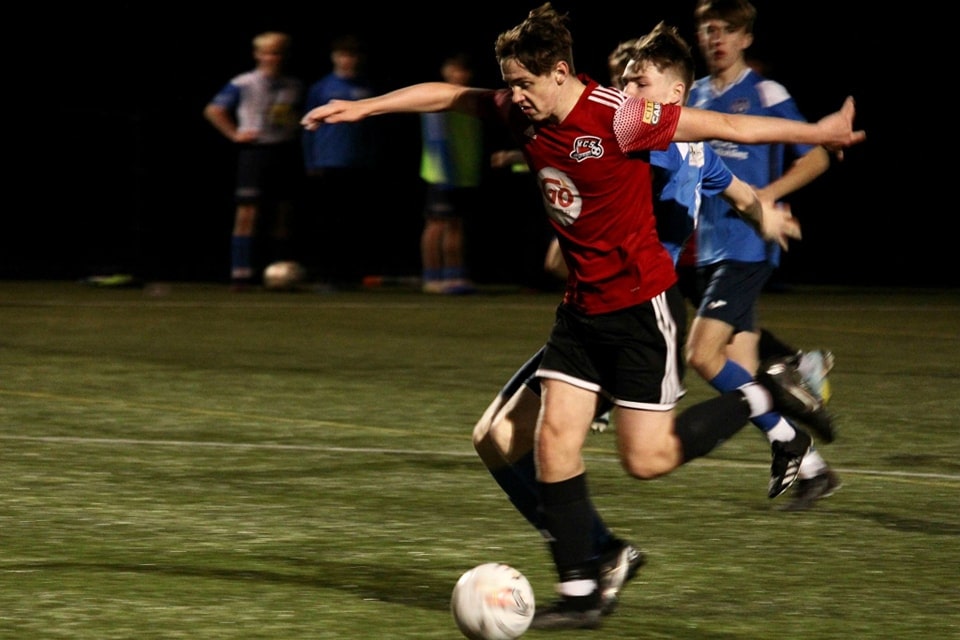“LEADERSHIP IS NOT ABOUT BEING THE BEST… LEADERSHIP IS ALL ABOUT MAKING OTHERS BETTER”
Maiden City Soccer

Become a part of the Maiden City Soccer academy and discover the challenging yet rewarding journey that our academy teams offer. With a focus on nurturing talent and fostering a sense of community, our academy provides a supportive environment where players can grow both as individuals and athletes. Led by qualified and dedicated coaches who prioritise character development alongside skill enhancement, our teams strive for excellence with humility and respect for the game.
Here at Maiden City we currently have 17 boys teams, 4 Girls teams and 3 Adult teams!
| Team Category | Team | Coach(s) Name |
| Adult | Men’s First Team | John Cunningham Craig Lynch Colm Cassidy |
| Men’s Saturday Morning League Team | Declan McKeever Lee Toland | |
| Womens First Team | JP Shiels | |
| Boys (Born in) | 2006 Boys Team | Craig Lynch |
| 2008 Boys Team (X2) | Jon McKnight | |
| 2009 Boys Team | William Curran John Crilly | |
| 2010 Boys Team | Colin Colhoun | |
| 2011 Boys Team | John Bonner Darren McCrudden | |
| 2012 Boys Team (X2) | Darren Nash James McGee | |
| 2013 Boys Team (X2) | Colin Logue | |
| 2014 Boys Team | Craig Lynch | |
| 2015 Boys Team | Joshua Kee | |
| 2016 Boys Team | Kevin Caruana | |
| Girls (Born in) | 2011 & 2012 Girls Team | Ryan Simpson Kieran Browne |
| 2013 & 2014 Girls Team (X2) | Nicole Glowicka Jennifer Browne | |
| 2015 & 2016 Girls Team | Nicole Glowicka Jennifer Browne |
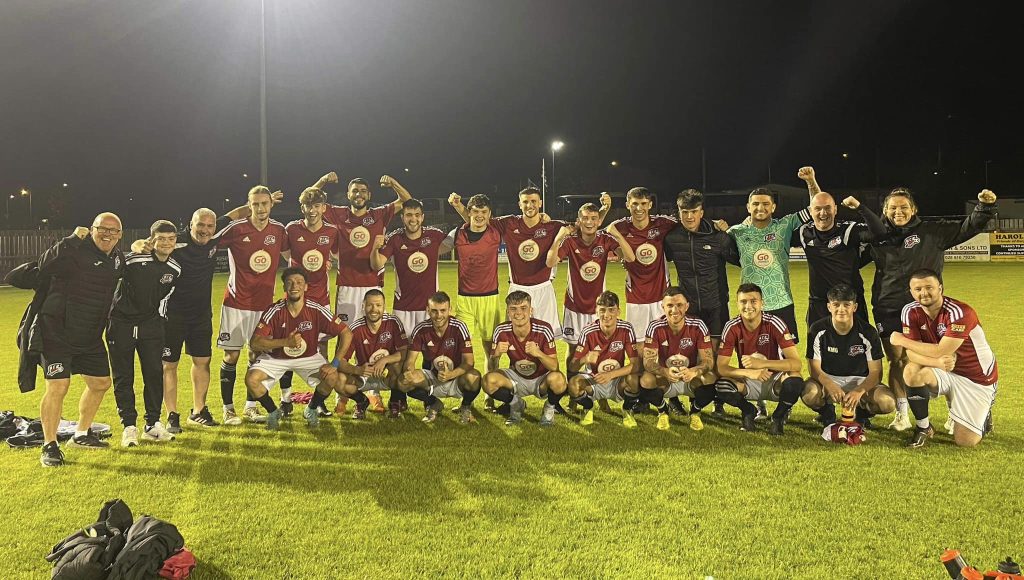
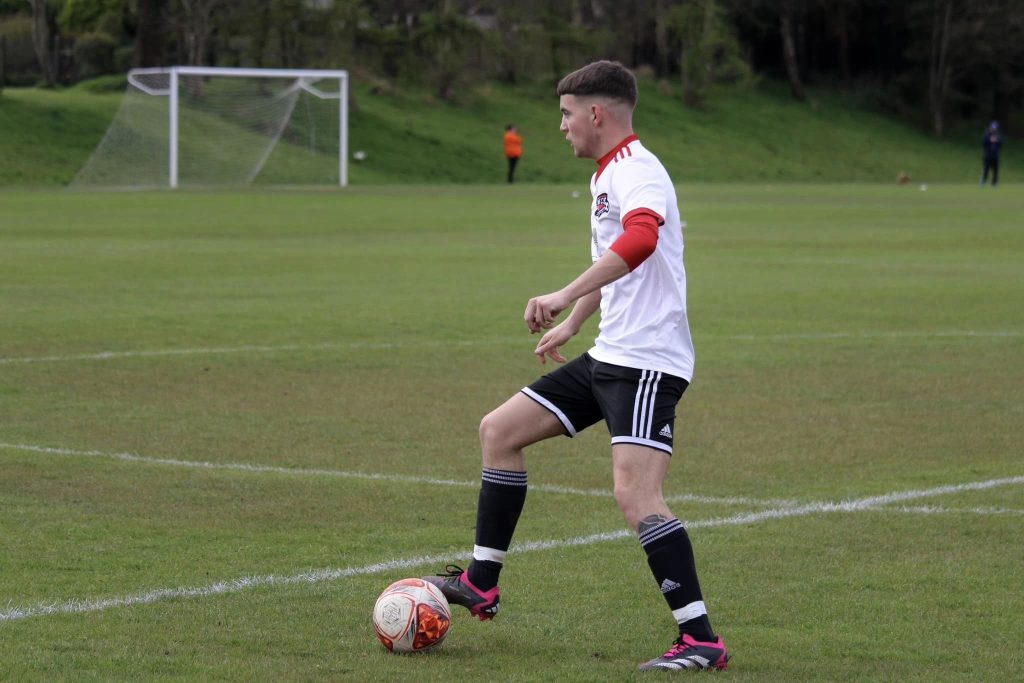
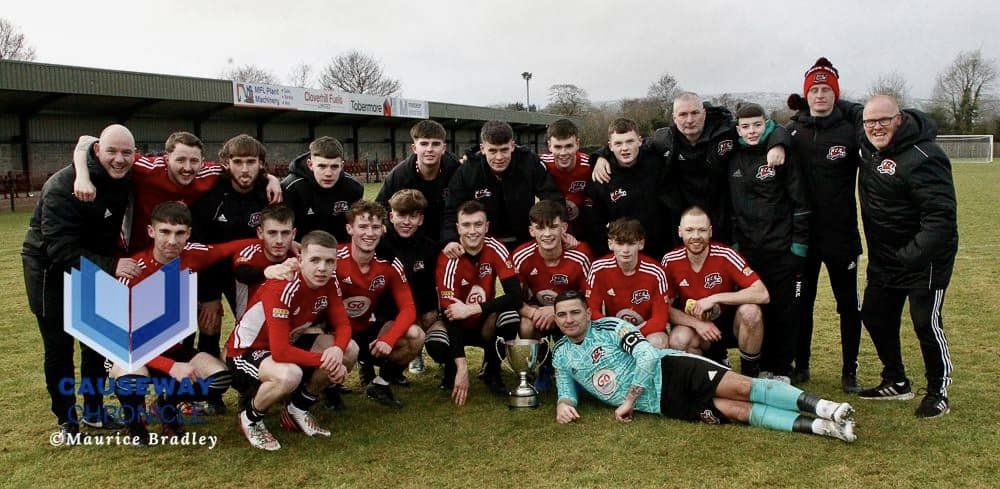
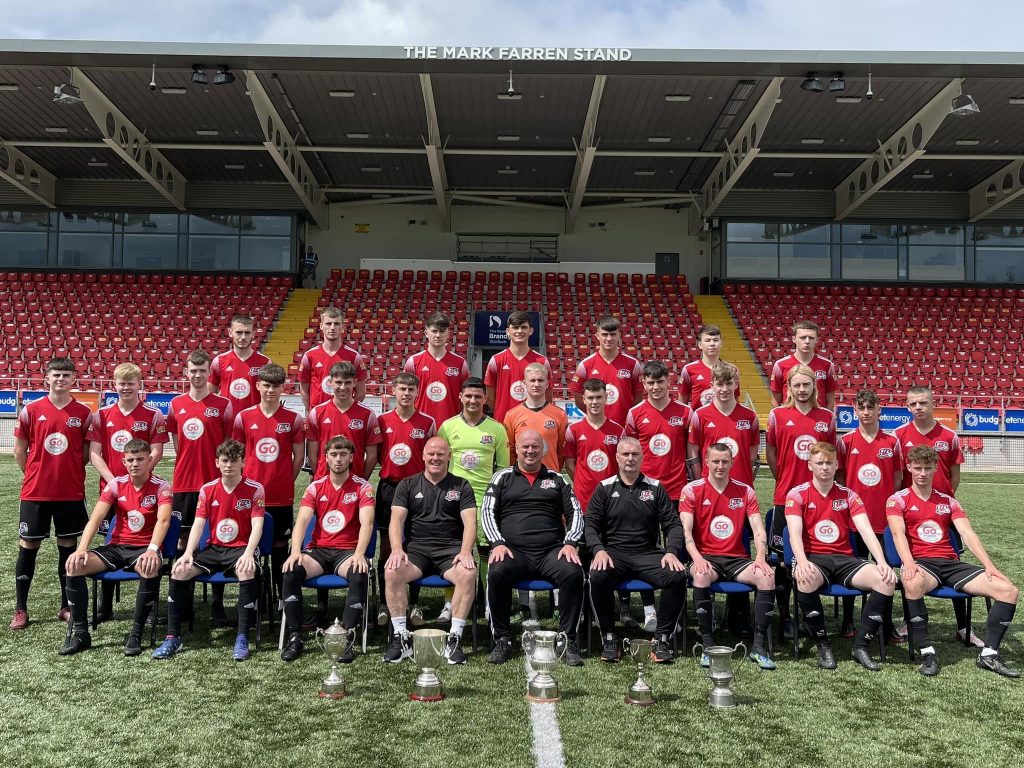
An Understanding of What is Required
All young players and parents must be prepared to follow these important guidelines.
Education- when coaching is available young players must Endeavour to attend to improve technical/tactical aspects of the game.
Determination- All youth players in a coaching programme have to be absolutely determined to succeed in football. Their everyday objective must be to transform their individual weakness into strengths.
Energy- Players have to cultivate their enthusiasm for training, matches and the sport as a whole.
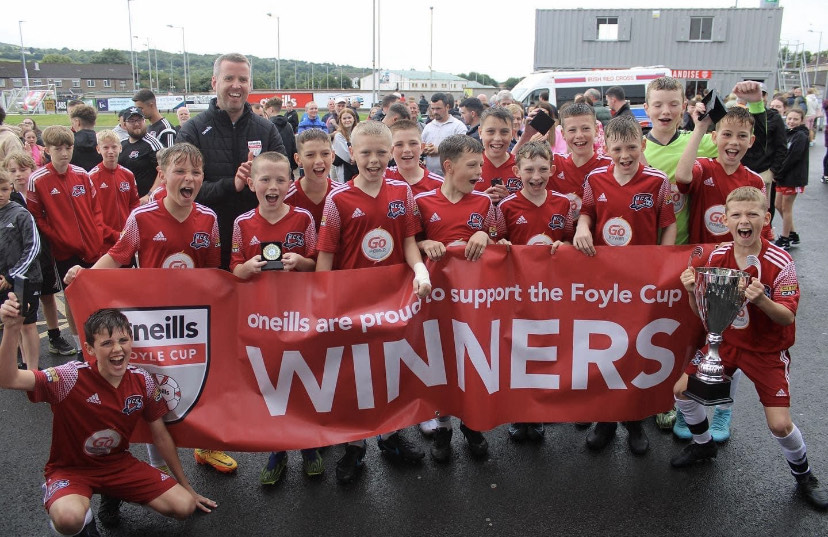
Discipline- The training plan is built around important basic requirements that every player must learn:
1. Learn to deal with obstacles and disappointments
2. Demand the best from yourself
3. Always be accepting of fellow players (social component, friendships)
4. Be respectful of coaches and Club managers
5. Be a good sport, both on and off the field (fairness)
Relationships- The coach, parent and player play an exceptionally important role in the development of a young player, in both positive and negative sense.
Many parents are overly concerned with protecting their children. They try to control things “behind the scenes”. However, this interferes with the young player’s ability to think and act independently.
Thus, there has to be a kind of marriage of understanding between the coach and parents. Trust is of vital importance. The parent must support the football information being distributed by the coach to avoid confusion in the long run.
In turn, anything that the parent is unsure about, he or she must approach the coach for clarification. However, please make sure not to pester the coach on a weekly basis.
A good balance is to be strived for, just like a good relationship
Patience- the half-hour / hour after each session / match is of vital importance. Leave the young player to gather his thoughts about any information he may have gathered in the hour / hour and a half.
This is quality time and we suggest that you only encourage and support during this time
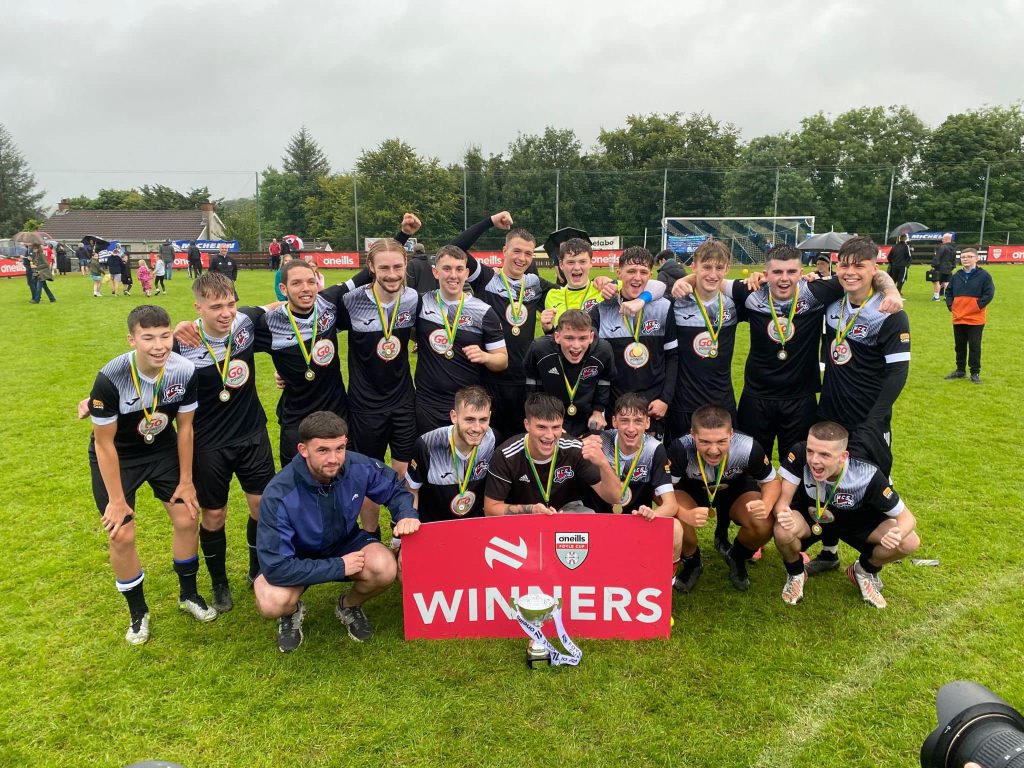
Developing Team Cohesion
‘Team cohesion is having a squad of players and staff with a common purpose all working hard in the same direction’ Pat Riley ‘The Winner within’
Every team that wants to move forward to significance and greatness has to decide what truths and values it will be bound by – co-operation, love, hard work, total concentration for the good of the team. This covenant is an agreement which has high levels of communication, stability in the team one aspect which includes continuity of selection
Having like-minded players and like-minded staff helps develop good player leadership, good staff leadership and positive peer group pressure
As in any relationship honesty and trust are of paramount importance as when this is in place issues such as setbacks, does not undermine morale, conflict does not impact the group as togetherness is a key theme
In any successful team unit the coaches care for the players and the players can feel this and identify with this
The culture should always be hard work but fun, the basis for success
CORE COVENANT
- binds players together
- creates equal footing
- helps players shoulder their responsibilities
- prescribes terms for the help and support of others
- creates a foundation for teamwork
Developing the Leader
“The ability of an individual to influence, motivate, and enable others to contribute toward the effectiveness and success of the organizations of which they are members” (House, R. J.)
The Leadership Model
- Know themselves
- See the big picture
- Understand what is required
- Instil confidence
- Build trust
- Ensure quality
- Communicate
- Work at it
- Know themselves
- See the big picture
- Understand what is required
- Instil confidence
- Build trust
- Ensure quality
- Communicate
- Work at it
Players such as Roy Keane, Tony Adams, Patrick Vieira and Alan Shearer in recent times were considered good leaders. Today’s players such as Harry Kane, Jonny Evans, Jordan Henderson, Virgil van Dijk and Kevin De Bruyne are great example of today’s leaders. What sets them apart is they set an example to the rest of the team they encourage/influence the team, particularly with action. They have developed a reputation as a result of their experiences .They have desire 24/7 and work hard consistently.
Talent will take you to the top but character will keep you there!
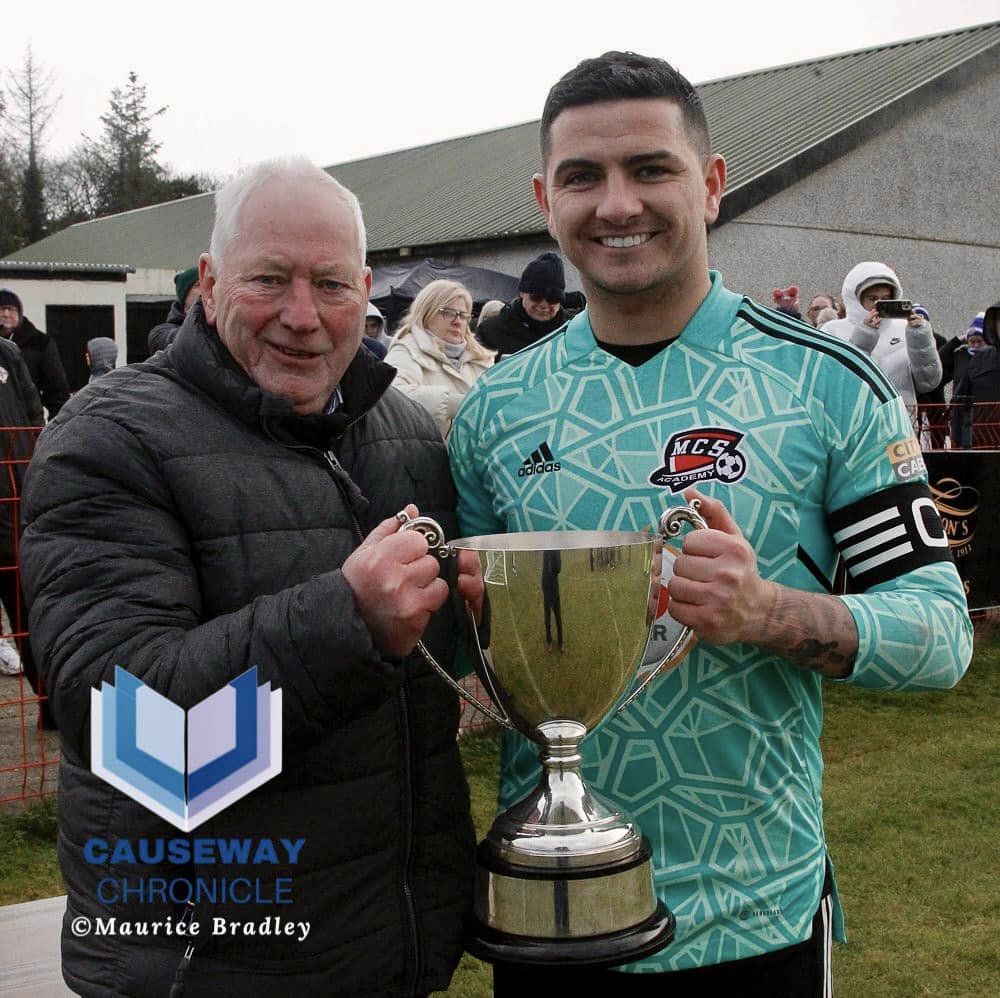
Match day Management Behaviours
An Understanding of Our Philosophy
‘The fight is won or lost far away from witnesses – behind the line, in the gym, and out there on the road, long before I dance under those lights.’ Muhammad Ali
Understanding the Coaching Philosophy
The Academy Preferred Style of Play:
Offensive – Most important thing is width, depth, length and individual space
Defensive – quick reaction in transition with a fast press
PRIOR TO GAME
1. Contact players (selection AND non-selection)
2. Arrange person to video game (if possible)
3. Arrange additional person to take action pictures on camera (if possible)
4. Pictures to be put under Facebook page listed i.e. 2000 squad v Linfield 20-8-15
5. Match balls pumped and sorted, make sure same amount comes home/ bibs for subs/ medical bag/ rope and poles for spectators
PRE MATCH
1. Treat all games with same approach (even finals)
2. Avoid talking about opponents too much.
3. Be confident in your communication- project good body language/ smile/ look at your players in the eye/ inspire
4. Try not to have long winded speeches, keep this messages short/ simple and to the point KISS effect (keep it short simple)
5. Arrange with assistant possible changes during game, squad rotation
MATCH/GAME
1. Instructions being delivered, controlled informative information (No Tommy Harper)
2. No shouting at referee
3. No commentating from side lines
4. Try not to get involved with opposition coaches/ parents
HALF TIME TEAM TALK
1. Make points relative to the game (what was good what was not so good)
2. Avoid conflict
3. If criticism is needed do collectively
4. Avoid jargon, give clear collective information relevant to the game
5. Technical individual info please try to do in private 1 on 1 with the player to the side, try not to embarrass him
AFTER MATCH
1. Warm down (if possible)
2. De brief- the good bad indifferent
3. Avoid conflict/ heavy criticism, remember some people will still be highly emotional if result has gone poorly, others may seem uninterested and uncaring. This is often insincerity and young adolescence demonstrating that they’ve got it under control when we know they don’t
ABOVE ALL TRY TO ENJOY THE EXPERIENCE AND LEARN FOR SELF AND MORE IMPORTANTLY FOR THE PLAYERS, BOTH IN VICTORY AND DEFEAT







